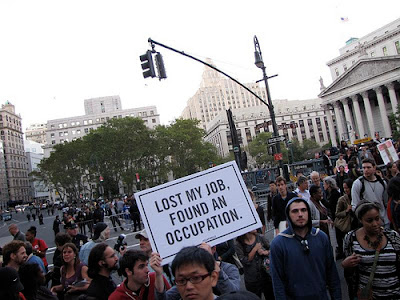The Fire and the Tale

In his uneven, albeit interesting book "The Fire and the Tale (2017)," Italian political theorist Giorgio Agamben provides an anecdote from the history of Judaism that struck an chord for me in terms of debates over Chamoru authenticity in culture, the issue of contemporary Chamoru cultural dance, and our relationship to our past. Here is the anecdote, which is the source of the title for this book on aesthetics. “When Baal Schem, the founder of Hasidism, had a difficult task before him, he would go to a certain place in the woods, light a fire and meditate in prayer; and what he had set out to perform was done. When a generation later, the Maggid of Meseritz was faced with the same task, he would go to the same place in the woods, and say: “We can no longer light a fire, but we can pray.” And everything happened according to his will. When another generation had passed, Rabbi Moshe Leib of Sassov was faced with the same task, and he would to the same place in t



